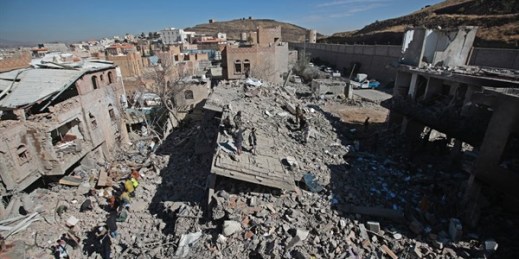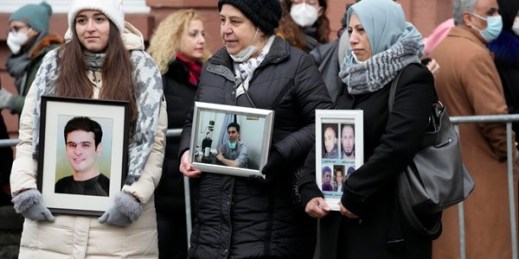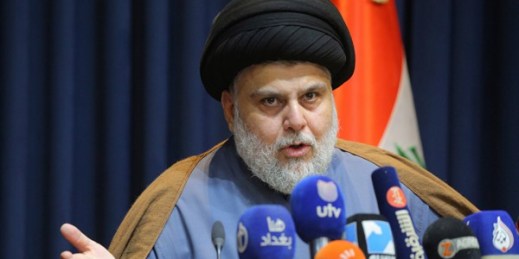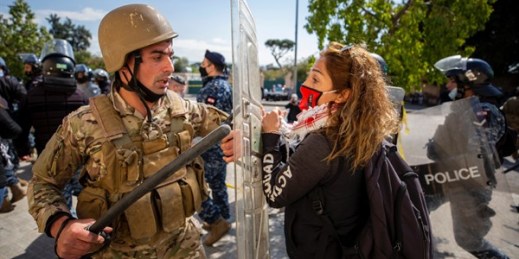
A ballistic missile attack on a U.S. military base in the United Arab Emirates yesterday, the second attack on Emirati soil in a week carried out by Iranian-backed Yemeni Houthi rebels, marks a dangerous escalation in regional tensions. It also underscores the difficulty of achieving a diplomatic settlement to bring an end to years of violent conflict between Iran, Saudi Arabia and their many partners and proxies across the Middle East. According to statements from U.S. and UAE officials, two missiles were intercepted Monday near Abu Dhabi. A spokesman for the Houthis claimed that the attack targeted U.S. airmen stationed […]



